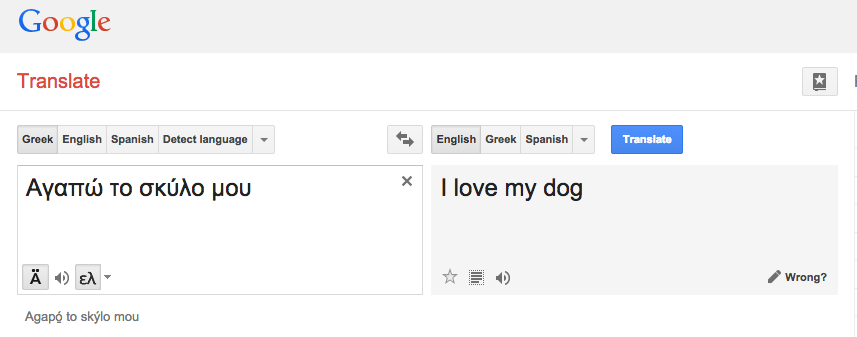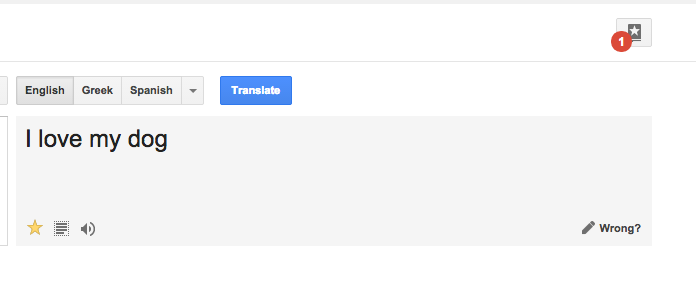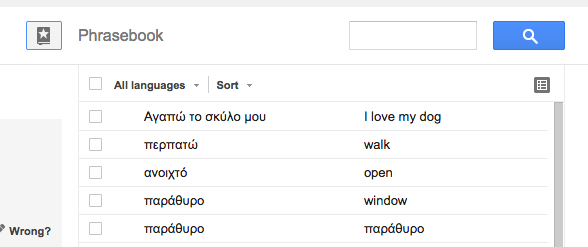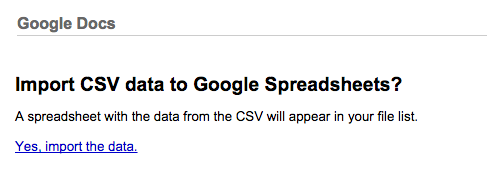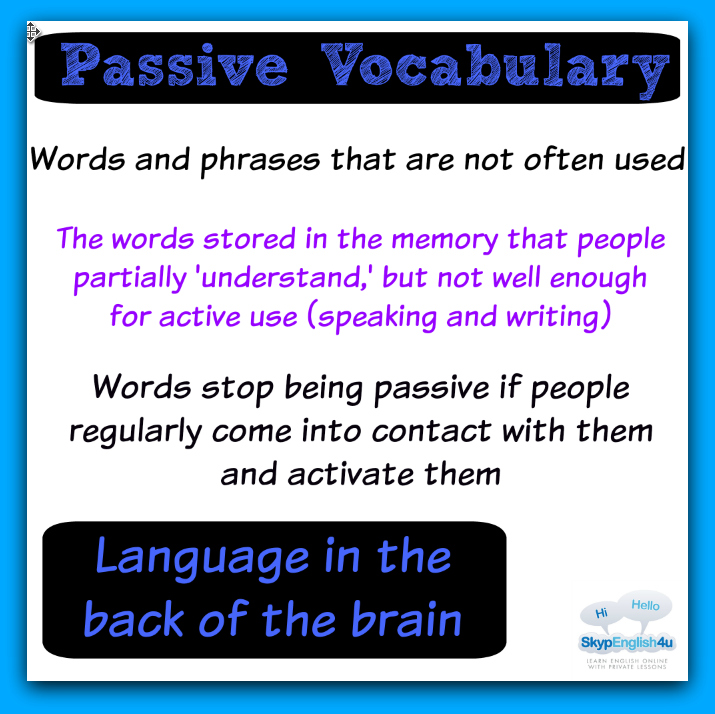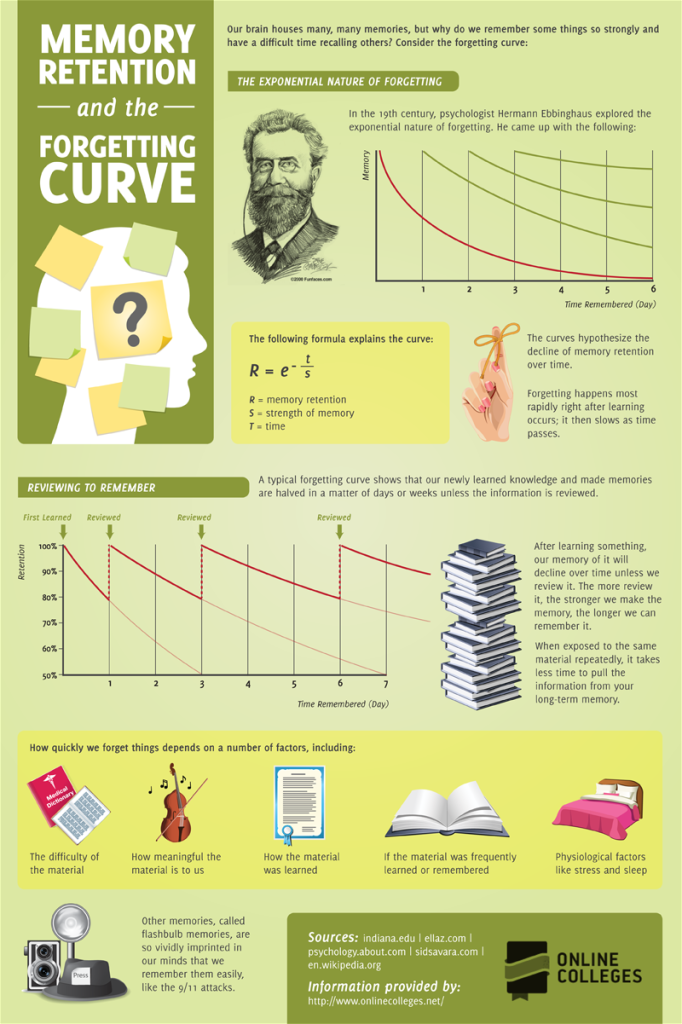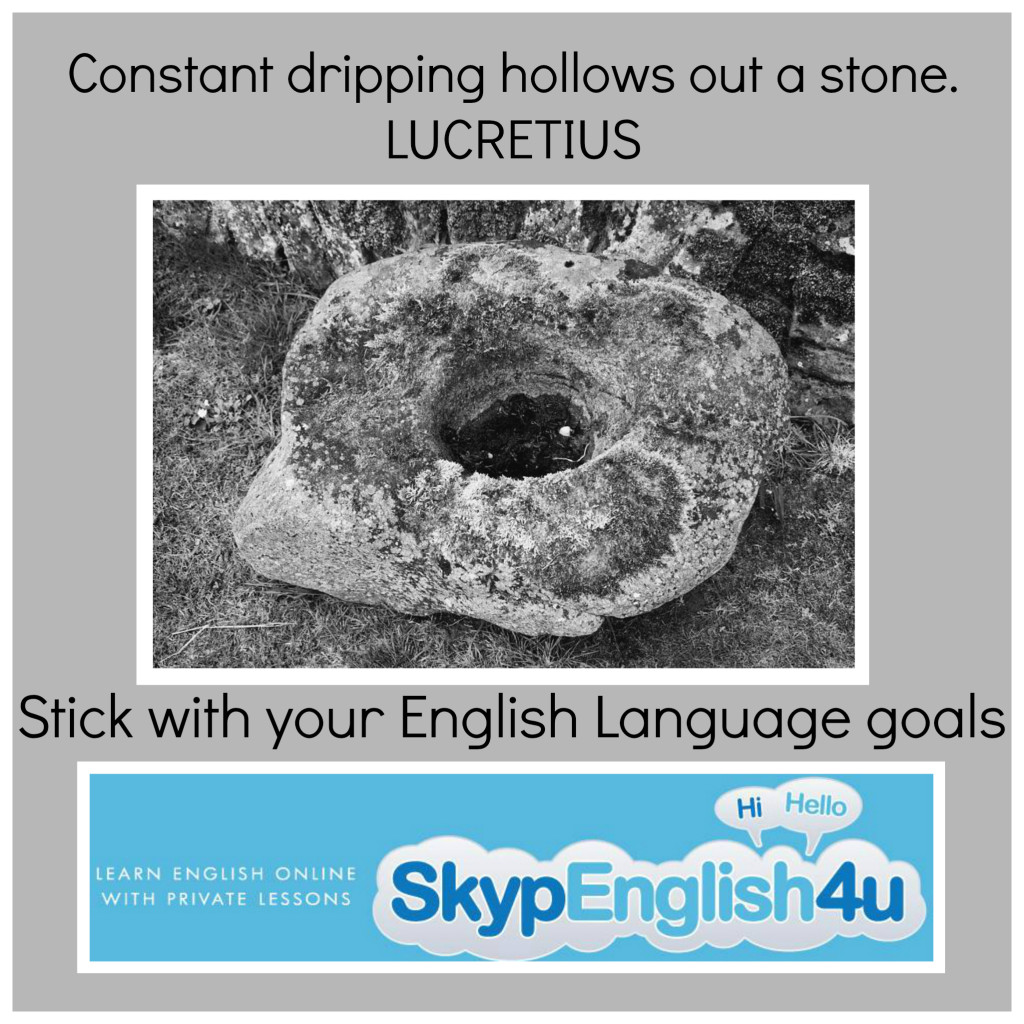Learning a language… When the time comes to dig in!
I have been trying to learn Russian for a year now, and on a day when my teacher had to cancel the lesson due to a severe cold I sat considering whether I wanted to continue or throw in the towel.
The reason that I started to learn Russian was due to curiosity, since I had a lot of Russian students learning English, but also I wanted to put myself through the student process and see what insight this gave me to help me to improve as a teacher. In this I have achieved many things and it has been an invaluable experience, plus I have been proud of my achievement in understanding the language too, but I also see, with shame, that if I had just tried that bit harder I would have achieved so much more. I have come to truly appreciate that ‘less is more’ when you come across new grammar or concepts. That time to revise and revisit previous learning points is never time wasted. That ‘a little… often’ is priceless advice, and that ultimately homework rules, as it really does reinforce your learning and understanding.
So were there any negatives? Yes. My Italian has suffered and that must now resume priority because I live in Italy. I have seen myself struggle to find words that were once known so well, and have heard myself automatically respond in Russian, then English before finding the correct Italian words. It worries me and I intend to resolve that with haste.
However, I am reluctant to let go of my Russian. I have become extremely interested in the process of learning and the construction of the language itself. I am now curious to see if my return to learning Italian will actually be improved. I have a sneaky suspicion that I will be braver in tackling the more difficult grammar and pronunciation now. I mean, nothing can be as difficult as Russian, surely!
So I conclude, as possibly most students of English do at one time or another, that when you think about giving up, it is really the time when you take stock, appreciate and then prepare to dig in deeper than before. Keep learning! If you’ve taken a break from your English studies over the festive period, now is the time to come back with vengeance and start again. Refresh your memory, renew your efforts, progress to new levels. SkypEnglish4U is the perfect place. We’re a fun group, flexible and friendly. We understand the highs and lows of learning a language. We will help you.
So are you ready? Yeah… Bring it on!
[gap height=”15″]
Contact Rachel today > http://www.italki.com/teacher/1394345
[gap height=”15″]

